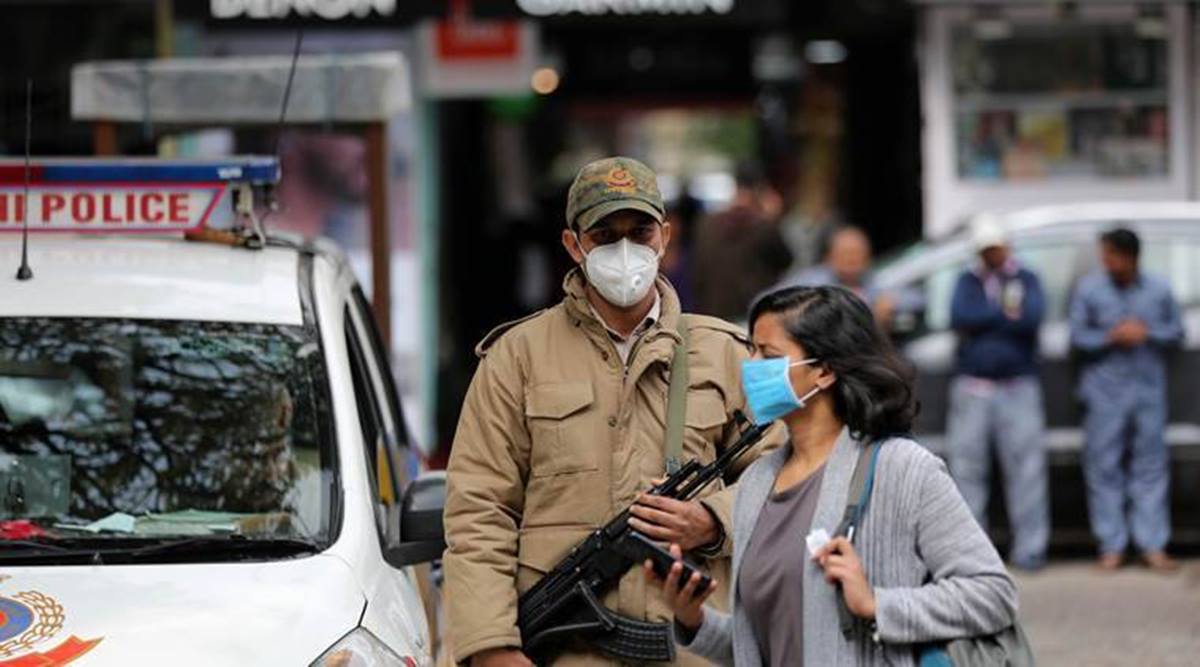
The Indian Express
In one week, active Covid-19 cases in Delhi up by 38 per cent
Active cases reflect the number of people who are presently infected with the disease. On September 6, the city had 20,909 active cases — this increased to 28,812 by Sunday.
by Astha SaxenaActive Covid-19 cases in Delhi have gone up by 38% in the last one week, a direct result of an uptick in daily cases. The city, which last saw a high number of cases in June, has been witnessing a resurgence of the illness, reporting over 4,000 cases per day for over five days.
Active cases reflect the number of people who are presently infected with the disease. On September 6, the city had 20,909 active cases — this increased to 28,812 by Sunday.
Reiterating that the government has no plans to impose lockdown restrictions again, Delhi Health Minister Satyendar Jain Sunday said: “We want to make it clear that we are past the time of lockdown. We have got a lot of experience after the lockdown. The most effective way to prevent corona infection is to wear masks. If you wear masks, you can avoid infection to a great extent. Also, it is necessary to adhere to social distancing.”
https://images.indianexpress.com/2020/08/1x1.png
On Sunday, Delhi saw 4,235 new cases and 29 fatalities, taking the total cases to 2,18,304 and the death toll to 4,744. The city performed 56,656 tests in the last 24 hours which threw up a daily positivity rate of 7.48%. A total of 3,403 people have been discharged in a day.
The spike in active cases can be gauged by an increase in people under home isolation and by hospital admissions. While home isolation cases have gone up by almost 45% in a week, the number of admissions in the Covid-19 hospitals has increased by 27%.
On June 6, there were 11,010 people under home isolation and 5,101 admitted to the hospitals. As of Sunday, there are 15,946 under home isolation and 6,503 patients admitted to hospitals.
Dr Jugal Kishore, director, head of the department of community medicine, Vardhman Mahavir Medical College (VMMC) and Safdarjung Hospital, said: “As testing increases, more people are likely to be identified and be isolated timely. While looking at active cases, we need to identify asymptomatic people who are still in the community and can become a source of infection. People need to follow social distancing rules so that positivity rate doesn’t go up despite more tests being carried out. It is important to ensure there is no increase in mortality rate as well.”
Observing a rise in daily admissions to hospitals, the state health department ordered all private hospitals with more than 50 beds to reserve at least 80% of their total ICU beds for Covid patients.
In a video conference with 33 private hospitals, Jain had discussed reserving more beds in their ICUs.
At present, 72% of non-ventilator ICU beds and about 60% of the ventilator beds are occupied. The overall bed occupancy in hospitals is almost 45%.
“If non-Covid patients are already admitted in some hospitals, once they are discharged, the vacant beds will be reserved for Covid patients only. The order is relevant only for private hospitals and to ensure more bed capacity in their ICUs for Covid patients… Hospitals in Delhi that are treating Covid patients are allowed to increase bed capacity up to 30%, which will only be used for such patients,” Jain said on Sunday.